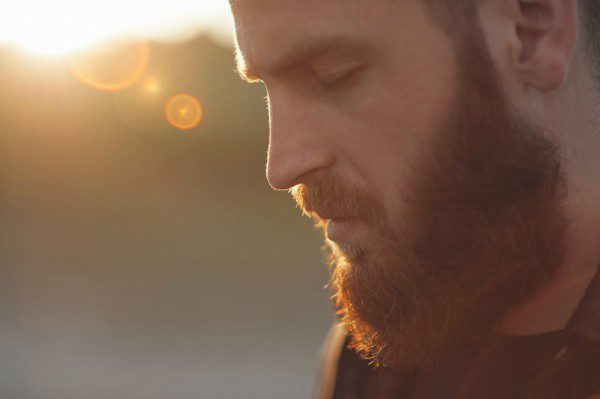On This Page:
By Becca Owens
For many people, anxiety can feel like a crippling hindrance to a normal and happy life. In fact, anxiety disorders affect 40 million adults nationwide each year — just over 18 percent of the adult population.1
If you struggle with anxiety, finding relief through benzodiazepines like Xanax, Valium, Klonopin or Ativan can bring restored hope and a more positive outlook on life. But while these medications may ease symptoms in the short term, they’re not a cure for anxiety.2
The truth is, benzos can be highly addictive. That’s because, when used for long periods of time, patients often develop a tolerance, requiring more of the drug to experience its effects. It’s also common to become benzo-dependent — needing the medication in order to function normally. Both tolerance and dependence are risk factors that lead to addiction.
If you’re recovering from an addiction to benzodiazepines, these medications may no longer be an option for you. So how do you fight anxiety without them? These seven strategies can help you pursue a healthier you without pharmaceutical intervention.
1. Know Your Limits
Self-awareness can be tricky during mental health episodes. However, recognizing your own limitations is an important first step in taking care of yourself. Becoming more in-tune with your own anxiety triggers can help you feel more prepared for the future.
2. Protect Your Sleep
Think quality and quantity. Getting restorative sleep is key to having a strong, sound mind. Set a daily bedtime, and stick to it. Establishing a relaxation routine before going to bed can also help calm you down. Take a warm bath, turn off the TV, meditate or pray, read a book or journal about your day. It’s also important to create a bedroom environment that promotes rest — dark, cool, cozy, clean and screen-free.
3. Indulge Your Routine…
Knowing what to expect next in your daily routine can help fight bouts of anxiety and panic. Plan for daily anchors — like meals, chores, exercise, social meetups and bedtime — ahead of time so you can maintain a healthy rhythm for your day.
4. …But Practice Flexibility
Even though a steady routine can help prevent unwanted panic, there will be circumstances you can’t anticipate. Mentally prepare for the unexpected by practicing calming techniques and thinking through how to manage these moments ahead of time.
5. Pursue Overall Health
Nutrition and exercise may seem far removed from mental health. But people are holistic creatures, and each area of health affects all the others. Eating balanced meals with regular healthy snacks and exercising consistently — five times a week for 30 minutes — will give your body a great foundation of health, physically and mentally.3 It’s also important to drink plenty of water and avoid alcohol and excessive caffeine and sugar.
6. Encourage Yourself
What you speak to yourself is powerful. Journaling is a great way to remind yourself of your value, especially when you don’t feel like it’s true. Each day, list how you helped others, plus three to five things you’re thankful for. Point out an area of growth you’ve noticed each week. Set a goal for yourself each month that promotes health, and celebrate with a holistic reward — a massage, dinner with a favorite coworker or a weekend trip to see an old friend.
7. Partner With a Therapist
The best news of all is you don’t have to fight anxiety alone. Aside from your own community of friends and family supporting you in your journey, there are therapists trained to help you take charge of your anxiety. Evidence-based techniques like Cognitive Behavioral Therapy (CBT) can help you develop skills for managing anxiety and anticipate how to respond in difficult situations. A therapist not only provides an excellent source of accountability but can also work with you to stay motivated in your recovery and personalize any of these tips to meet your unique needs and lifestyle.

Finding Help for Anxiety and Addiction
If you or a loved one is struggling with addiction and persistent anxiety, call our 24-hour, toll-free helpline today. At Black Bear Rehab, we offer specialized care in treating addiction, as well as co-occurring mental health disorders like anxiety. By treating both conditions simultaneously, we offer the best care for long-term health. Begin your journey to a life free from anxiety and addiction today.
Sources:
1 “Facts & Statistics.” Anxiety and Depression Association of America, August 2017.
2 “Anxiety Disorders.” National Institute of Mental Health, March 2016.
3 “Tips to Manage Anxiety and Stress.” Anxiety and Depression Association of America, Accessed January 14, 2018.
